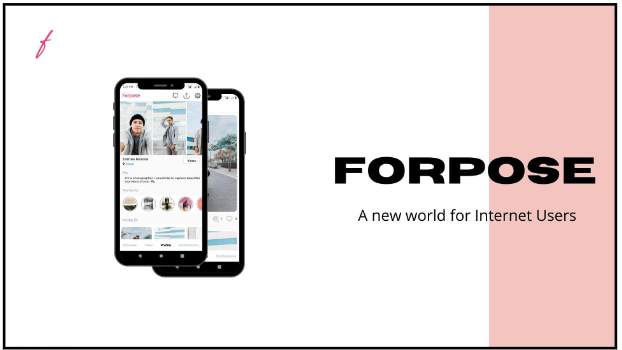

With privacy being a big talking point, an Indian social media app is launched with just that promise. Forpose, a Hyderabad-based software-as-a-service (SaaS) developer, has announced the launch of an indigenous social media platform on its own behalf. Forpose's beta version went live in August 2020, and a full-scale rollout is now expected to take place in early 2021, in more than 100 countries, the company said. Forpose is a social media platform for sharing images, videos, and thoughts.
What is Forpose used for?
As with other social media platforms, the Forpose app consists of a news feed with image and video sharing and tagging, as well as byte-sized content sharing Moments. . The platform has built-in chat capabilities, but privacy is the main point of reference. The company claims that this is where Forpose outperforms other players. Screenshots, for example, are disabled across the entire platform. In simpler terms, no one can capture photos, images, moments or chats of a user. Forpose founder and CEO Salman Khan said: “The internet has good and bad aspects. Influencers, for example, are harassed by certain criminals and spammers. In the Forpose app, users can choose whether or not to receive messages from non-subscribers. This allows our users to create a much safer and spam-free social media ecosystem. "As a social media platform, the app will not only connect people but also help create new business opportunities for the fashion industry.
Purpose to exploit brands
As social media becomes more important for marketing, Forpose hopes to target brands and increase their revenue stream. The beta version of the app was launched in August of this year. The app has versions for Android and iOS. The company's press release claims that the app has been tested with more than 200.000 users and has received quite positive feedback. The company said that the full-scale rollout will take place in early 2021, in more than 100 countries.

